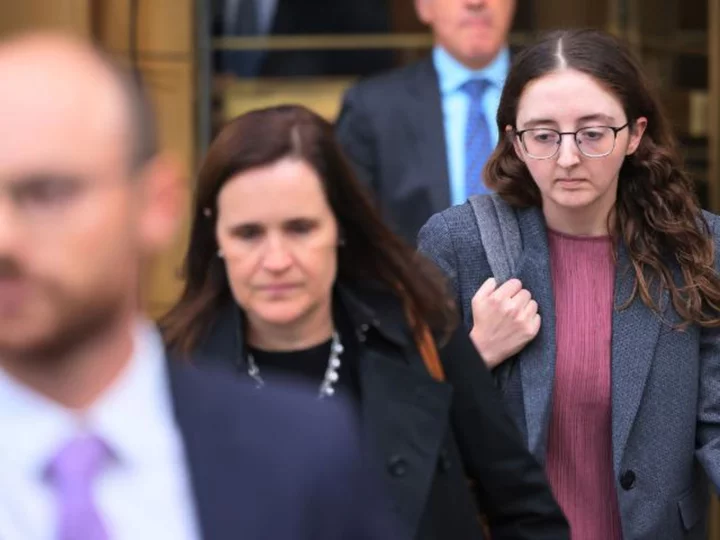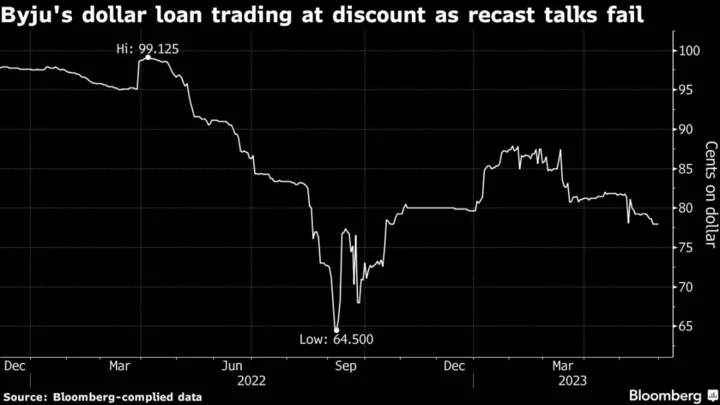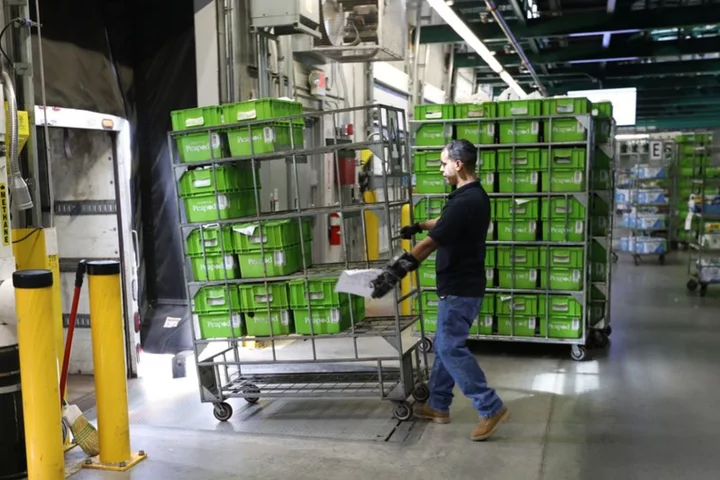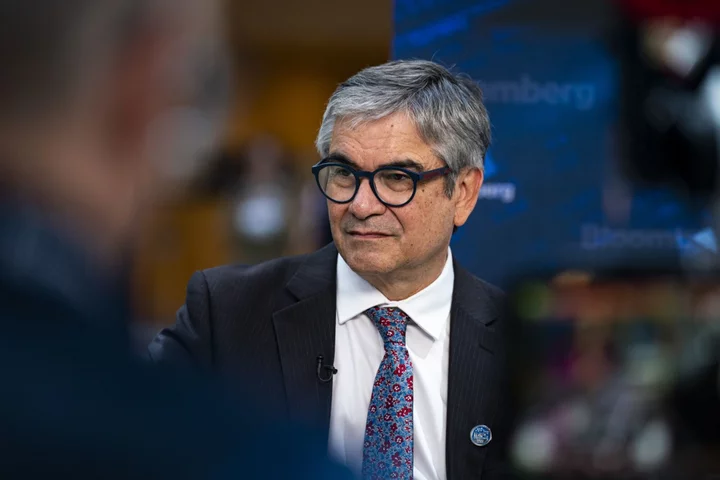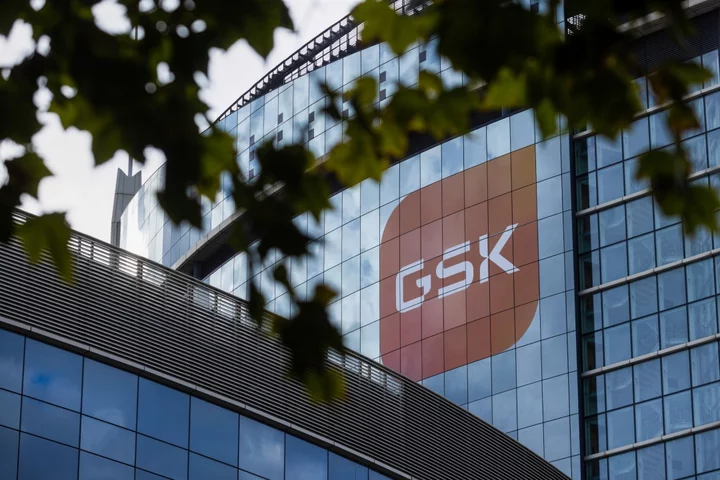In her third day of testimony in Sam Bankman-Fried's fraud trial, Caroline Ellison faced cross-examination from the lead defense attorney, who sought to undermine her narrative that placed Bankman-Fried, Ellison's former boss and ex-boyfriend, at the center of a massive criminal conspiracy.
Defense counsel Mark Cohen's questioning aimed to emphasize Ellison's autonomy as CEO of the crypto hedge fund Alameda Research, which was founded and majority owned by Bankman-Fried. Cohen suggested that Ellison's own decisions played a role in the collapse of Alameda and its sister exchange, FTX.
In one instance, he asked Ellison, 28, about a $100 million loss Alameda booked when the algorithmic stablecoin Luna crashed in the spring of 2022. Ellison stated that in hindsight, she thought it was a bad idea for Alameda to have held so much of that asset and should have sold it.
The defense has yet to present its case, but Cohen has hinted that he will try to show that Ellison and others acted on their own at times, and that what prosecutors call fraud was in fact a series of honest business mistakes.
"Sam didn't defraud anyone," Cohen said in his opening statement last week. "Sam acted in good faith in trying to build and run FTX and Alameda."
But "things were happening quickly, very quickly," Cohen said. "Sam and others made hundreds of decisions a day ... as a result, some things got overlooked."
Ellison told jurors this week that she and Bankman-Fried committed financial crimes for years. At his direction, she said, executives stole funds from customers of FTX, a crypto exchange, and diverted them for other purposes, including paying back billions of dollars in loans to Alameda Research, a trading firm also run by Bankman-Fried that racked up huge losses betting on crypto price movements.
In Ellison's telling, she and other members of Bankman-Fried's inner circle worked together to take the FTX customer funds and lie to investors about the true nature of the two firms' financial codependence. Ellison herself produced phony financial documents to present to lenders to try to hide Alameda's borrowing from FTX.
At every turn, Ellison told jurors, it was Bankman-Fried ultimately calling the shots.
By November of last year, when both companies were collapsing, she described an "overwhelming sense of relief" that the inevitable end was finally coming into view. It was "overall the worst week of my life," but she was glad she wouldn't have to lie anymore.
That version of events reflects US prosecutors' contention that Bankman-Fried, 31, orchestrated a yearslong fraud and engaged his business partners in a conspiracy to lie about their crimes.
Bankman-Fried has pleaded not guilty to seven criminal counts and could spend the rest of his life in prison if convicted and given the maximum sentence. Ellison and other executives have pleaded guilty and struck cooperation agreements with prosecutors in the hopes of reducing their sentences.
Since his arrest in December last year, Bankman-Fried has repeatedly offered an alternative version of events that deflects blame from himself and casts alleged financial crimes as honest business mistakes.
Cohen echoed that view in his opening statement last week, telling jurors that Ellison, as CEO of Alameda, neglected to place hedges on firm's risky bets despite Bankman-Fried telling her to do so.
"Sam didn't defraud anyone. Sam didn't intend to defraud anyone. Sam acted in good faith in trying to build and run FTX and Alameda."
But "things were happening quickly, very quickly," Cohen said. "Sam and others made hundreds of decisions a day ... as a result, some things got overlooked."
This story is developing and will be updated.

